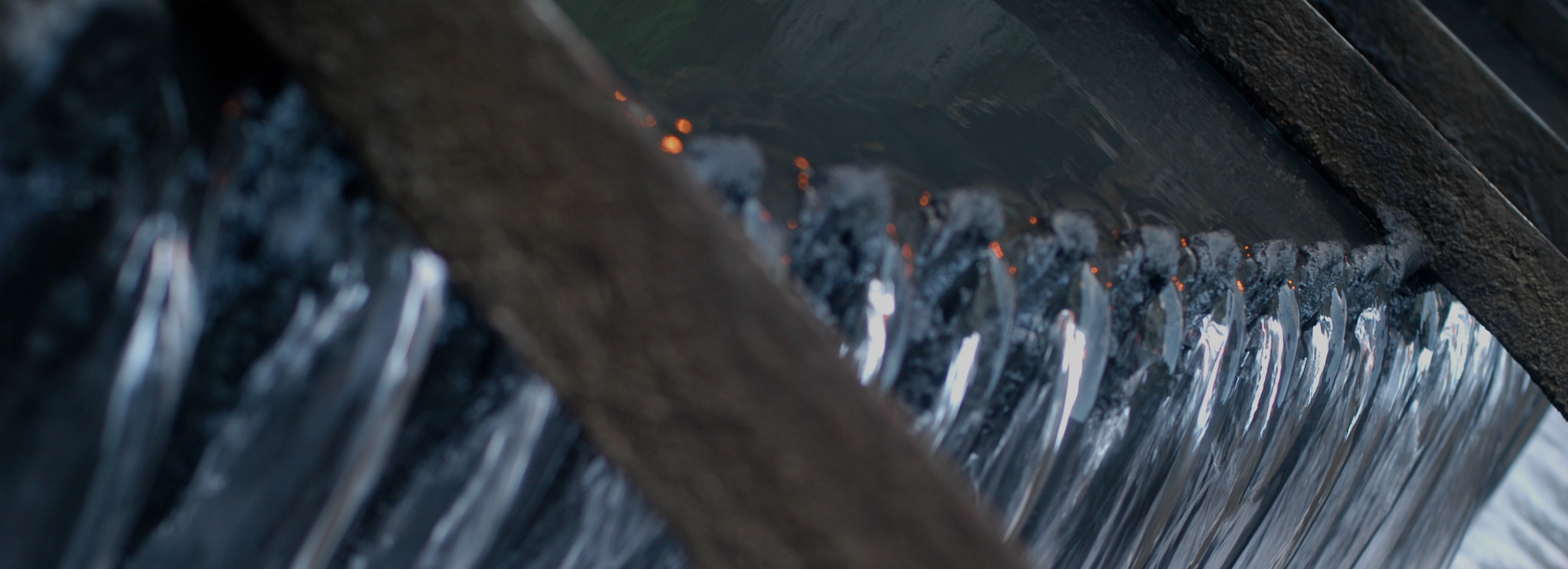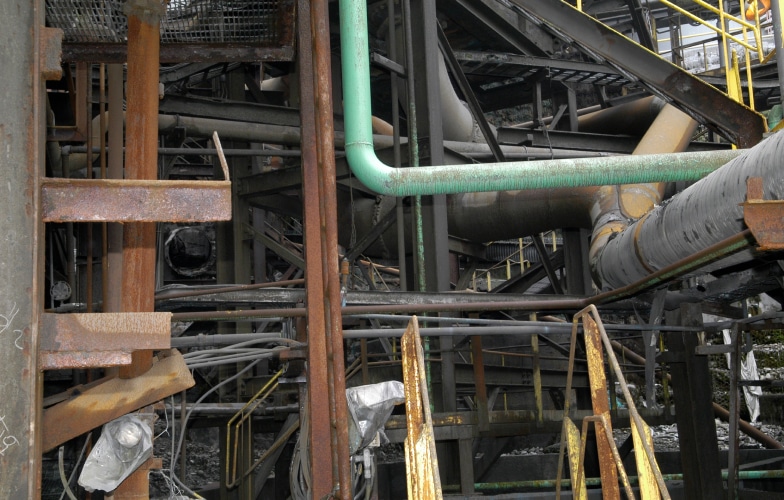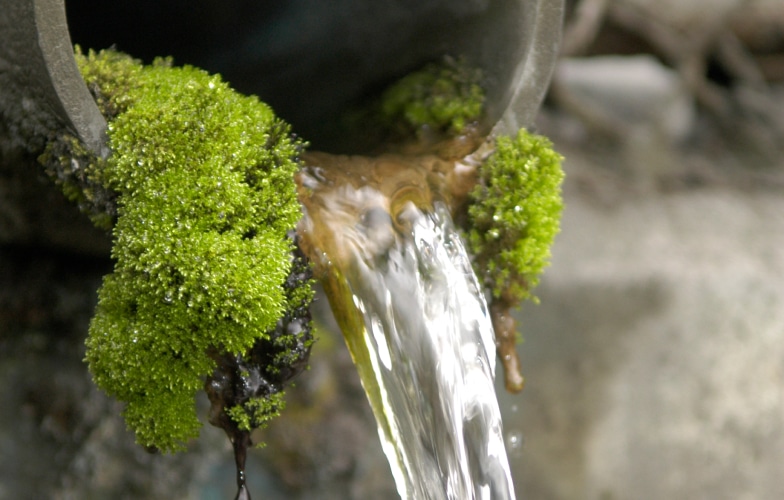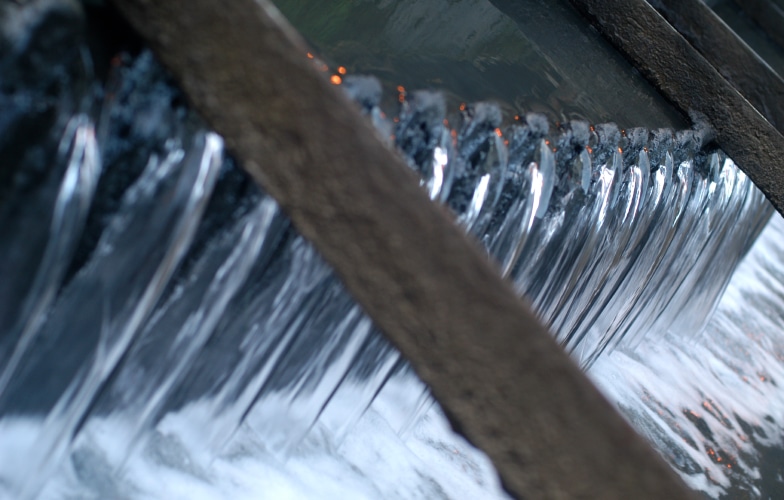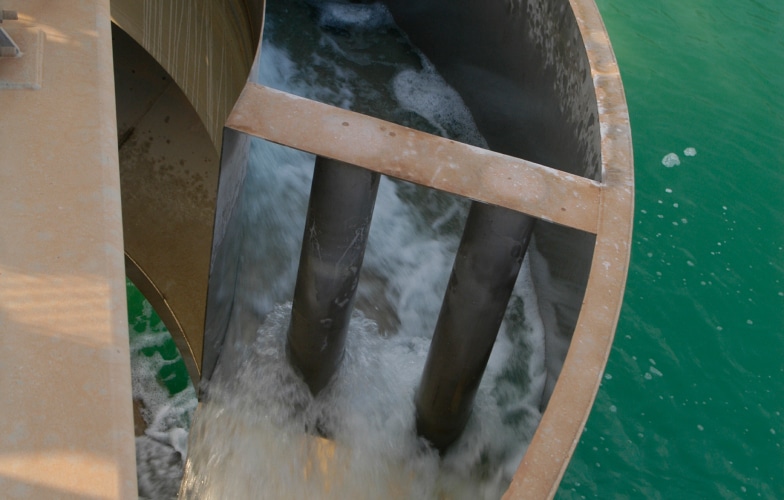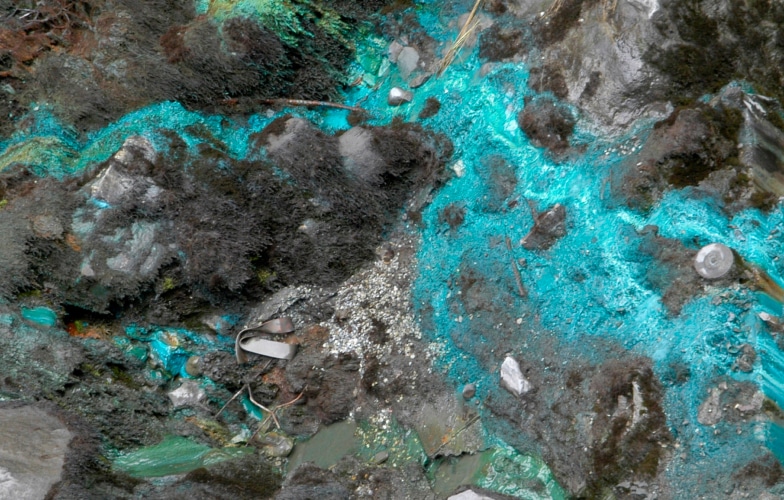background
An Industrial Client in NSW wanted to reduce Phenol in their supernatent so it could be discharged as trade waste for municipal treatment. The current method of Coagulation and Flocculation did not reduce the phenol limits in Trade Waste Discharge. The client had to use lot of water to dilute the phenol limit for acceptable discharge limits and resulted in downtime of production.
Water Treatment Services (WTS) was engaged to conduct initial jar test and plant trial to reduce the phenol limits in Trade Waste discharge.
WTS solution
WTS collected water samples from various points in the tank and conducted a jar testing programme in the laboratory followed by plant trials with WTS Coagulants and Chlorine Dioxide
- Collection, analysis and testing of water samples.
- Jar testing various states of water samples with various treatment chemistry combinations.
- On-site Plant Trial of lab-developed solution using WTS Coagulants and Chlorine Dioxide
- Lab Testing of phenol on site for Trade Waste discharge
| Tank | Final Treated Sample | Trade Waste Limits |
| Final pH | 8.46 | 7- 10 |
| Final Phenol | 0.00 | < 1 ppm |
| Iron | 0.79 | < 50 ppm |
| Sulphate | 253.7 | < 2000 ppm |
| Ammonia | 59.89 | < 100 ppm |
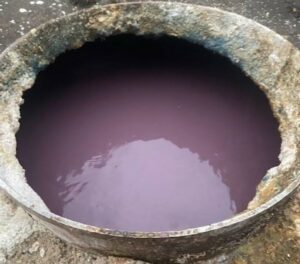 |
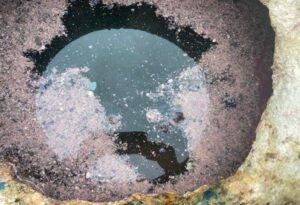 |
| Tank Solution with Phenol | Treated with WTS Coagulant and ClO2 |
Results and Benefits
- Achieved required standard of discharge as per NSW Guidelines.
- Easy to operate. Bespoke chemistry combinations gives an easy-to-operate solution in the tank.
- Reduced Sludge. Sludge reduction in tank due to use of organic coagulant instead of inorganic coagulant.
- Savings. Water and Sludge disposal costs reduced.
